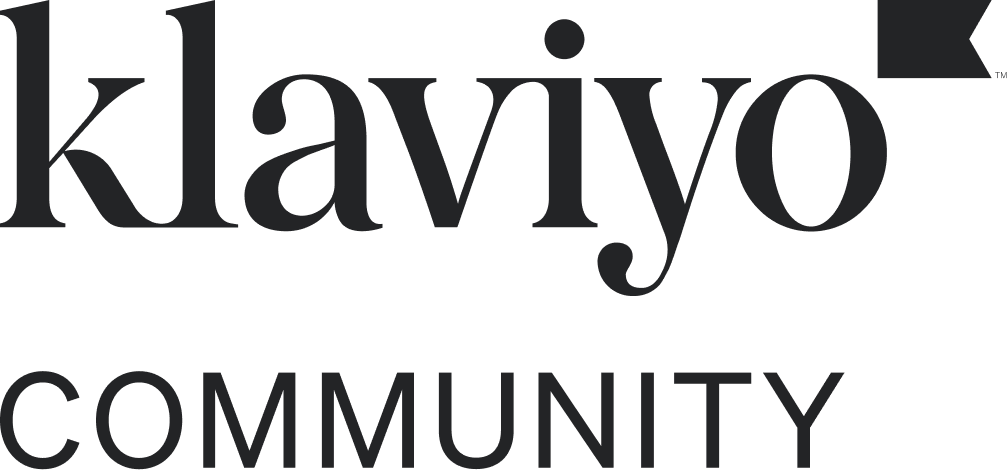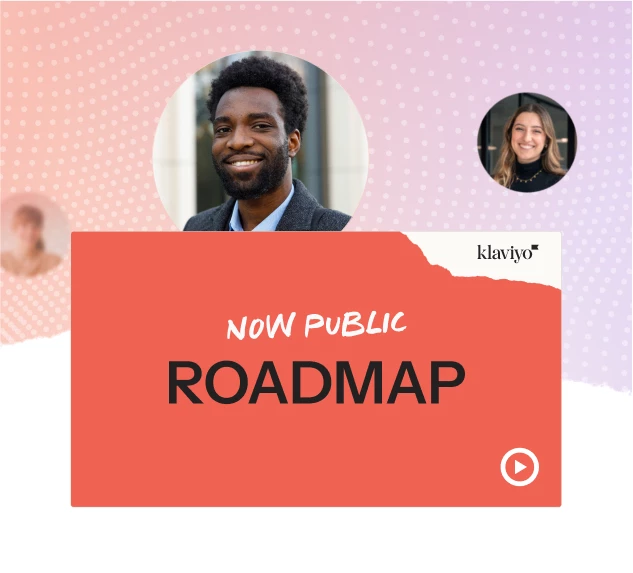Hi there,
We have created a Shopify app that connects a brand and their customers to our resale platform. Customers arrive at our web app via a client’s website and they resell their unwanted fashion through us. Brands can also resell their defective products, returns, and samples & seconds through us.
With the user’s consent, we want to be able to share key events back with the brands they came from so they can send out things like discount codes and other rewards. Things like:
- When the user sold an item
- When they donated an item
- When they registered with us, etc
I don’t know of any apps that share second party events like this. To my mind I’ve got 2 options:
- Securely capture and store a brand’s Klaviyo API key and use the APIs to send the events when they occur
- Create a Klaviyo app and add it to the Klaviyo integrations store/site
The second one seems like more work, but I’m a bit wary of capturing and storing API keys.
Has anyone seen or built something that operates in a similar way? Any advice would be appreciated





![[Academy] Deliverability Certificate Forum|alt.badge.img](https://uploads-us-west-2.insided.com/klaviyo-en/attachment/505f2253-cde5-4365-98fd-9d894328b3e0_thumb.png)


